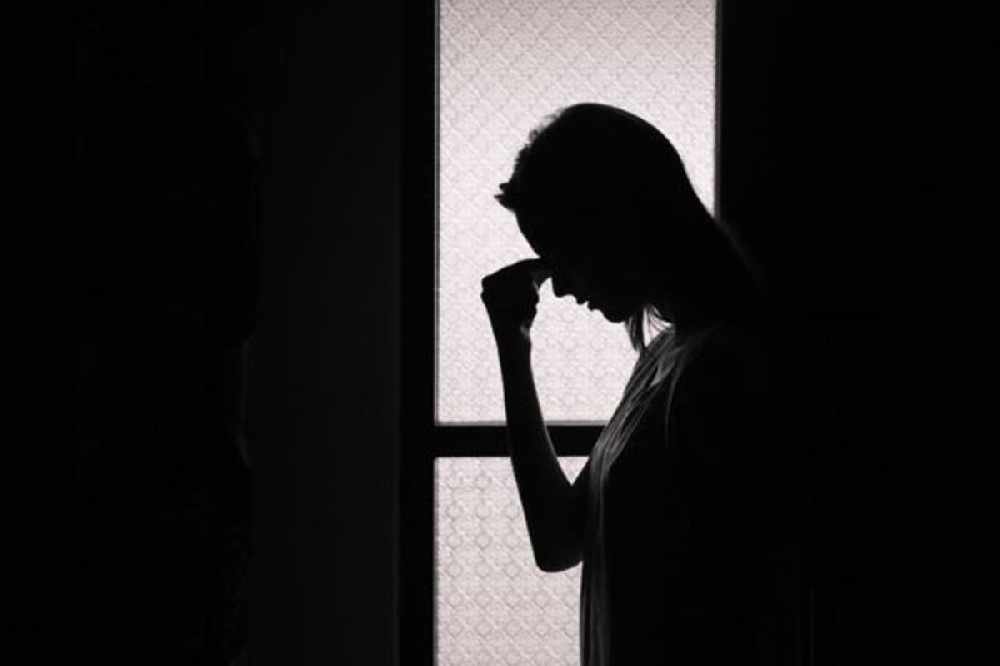
Today is National Suicide Prevention Day, which aims to highlight the warning signs of those who are suffering. Channel 103 has been hearing from some of those closest to the issue.
In the past ten years, more than 130 islanders have taken their own lives.
Every year, suicide has been recorded as one of the top 20 leading causes of global deaths for people of all ages.
In February, a new suicide alliance between Jersey's government, health services and the community was launched.
One of those involved is Andy Le Seelleur, who co-founded Thrive Jersey in 2016 after losing his wife the same year.
"We believe that if we're looking at what makes people happy, we need to go right to the end of the happiness spectrum in both directions and that obviously includes suicide. So, we focus quite heavily on all aspects of suicide in the island and shine a light in a way that's probably never been done before."
Only 25% of suicides are people known to mental health services, meaning every 3 in 4 suicides happen without services being aware of the individual.
Andy says the pandemic may have heightened people's mental health problems.
"Covid has brought a lot of uncertain times for people, and where some people have benefited from their wellbeing from the Jersey lockdown, there's a lot of people that will have struggled with isolation and loneliness, furlough, financial hardships etc.
"The struggle and the awareness is greater now than ever before, and the issue with suicide and acute mental health issues won't be known until the next year or two when we come out of this lockdown and Covid situation. Everyone has a really big part to play in just looking out for people around them and knowing what to say to them if they need to support somebody they know or love."
Due to the restrictions of the coronavirus pandemic, the government has held off on some projects.
The La Chasse Adult Mental Health capital project was completed in March 2020, but the unit has been utilised as part of the COVID-19 testing programme.
This week however, a £7.3 million project has begun on building a dedicated acute adult mental health facility at Clinique Pinel.
Associate Medical Director for Mental Health Dr Miguel Garcia says the government is doing the best it can under the given circumstances.
"We have managed to speed up changes that were required, for example we have been able to improve the discharge service and admission process with the inpatient unit; we have set up home treatment, which aims to limit duration of inpatient admission; we’ve created street triage which supports police and ambulance to minimise emergency situations. Obviously these are positive changes that have happened as a result of Covid. Covid is taking a toll on everybody’s mental health, but I can assure you that we are being proactive together to lessen the impact."
A survey ran between June and July 2020 showed how people were feeling under the levels of government interventions and restrictions implemented due to the Covid-19 pandemic.
It found that 43% of adults were suffering with mental health problems induced by the pandemic, and on average, younger adults felt significantly lonelier and more bored.
"I would have thought the results would’ve come out higher than that, as Covid has brought with it a lot of uncertainty, and anxiety thrives on uncertainty, so we have a situation that has put a change in how we think of ourselves and our movement into the near future in a drastic way."
Speaking to Channel 103 on National Suicide Prevention Day, Dr Garcia says just a simple chat can make a massive difference.
"Today people should not be afraid of talking about their struggles, or asking how anybody feels. Simply talking about it and having a sympathetic ear, that helps to lessen the intensity of the distress. At the end of the day mental health is everybody’s business, and we need to show as a community we truly care for each other and we really ask whenever we suspect when somebody is struggling. Asking somebody does not increase the risk, if anything it does the exact opposite. It gives the opportunity for the individual to debrief and help to be put in place.
According to a 2017 government document, those identified as high risk for taking their own lives on the island are; young people who self harm, men aged between 30-50 with known risk factors, adults over 60 with depression or a life limiting condition, those bereaved by suicide.
Samaritans volunteer Graham Journeaux says they are here to help over the phone or with their free self-help apps.
"We're really focusing on trying to publicise those things we have available to help people with their own mental health and to help others. One of the things we've recently launched is a self-help app which people can download onto their devices and it supports the individuals to make records of their feelings and to provide techniques for them to cope with things that are troubling them through a range of interactive features. It's proved quite popular, it's called selfhelp.samaritans.org and is free to download.
"Quite often people do find it hard to have a conversation with family and friends about how they’re feeling so we do have another little tip, which is our active listening tips which is available to download and it helps them to understand how easy it is to actually talk about how you're feeling, it's on the Samaritans website and is called SHUSH."
If you feel you are struggling or know someone who is, contact:
- In emergency, call 999
- Mind Jersey - 01534 880319
- Samaritans Jersey - 01534 116123
- Child & Adolescent Mental Health Service/YES - 01534 445030
- LINC Mental Health & Wellbeing - 01534 734443
- Listening Lounge - 01534 866793


 Civil Service recruitment freeze extended
Civil Service recruitment freeze extended
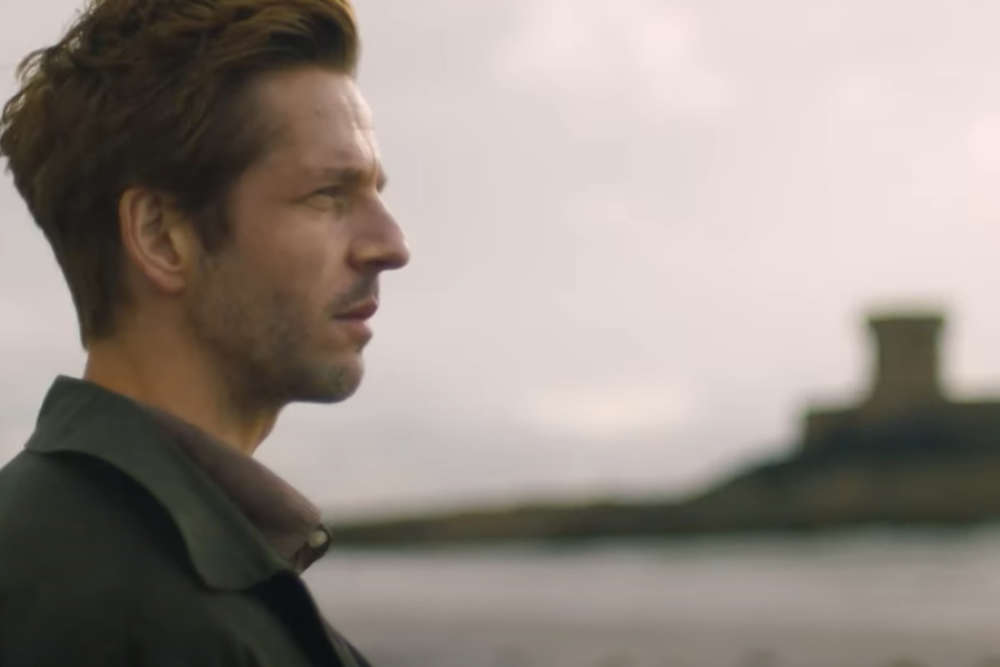 Industry rumours of Bergerac second series
Industry rumours of Bergerac second series
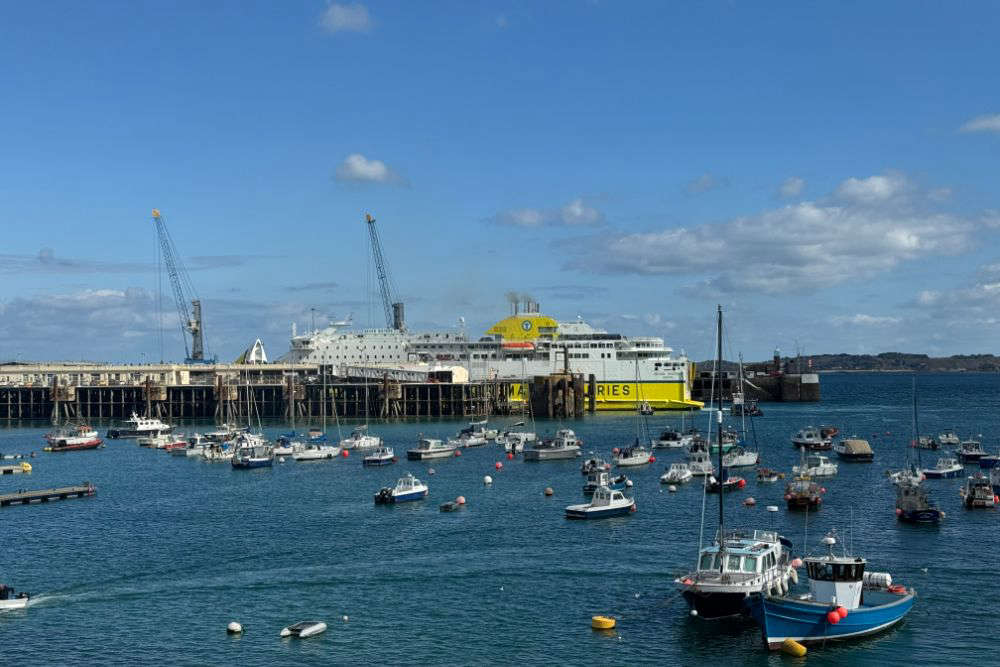 DFDS brings in replacement ship for Portsmouth sailings
DFDS brings in replacement ship for Portsmouth sailings
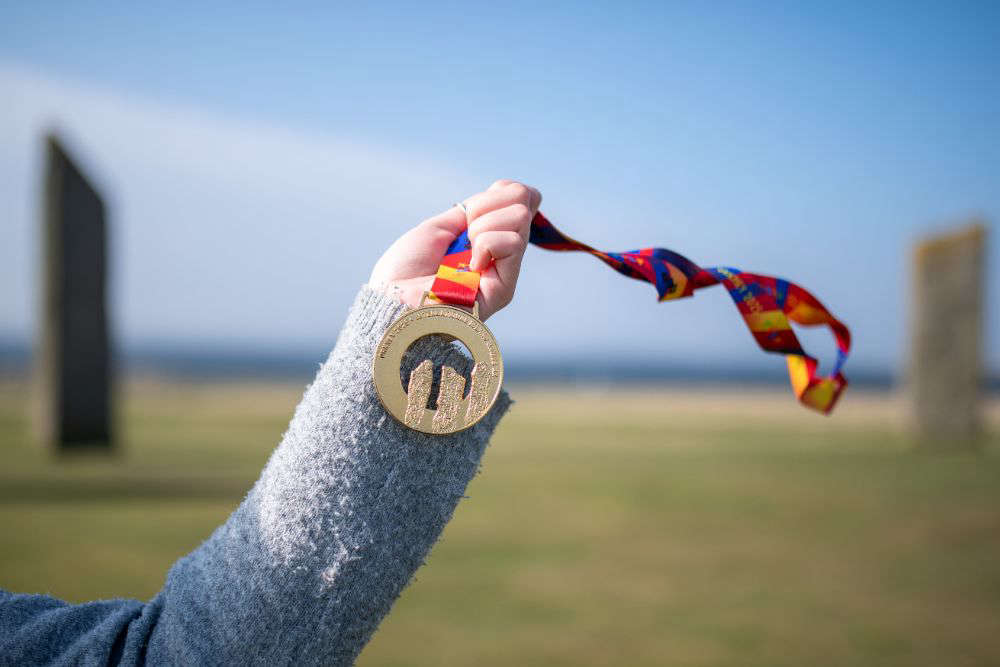 100 days until Orkney Island Games begin
100 days until Orkney Island Games begin
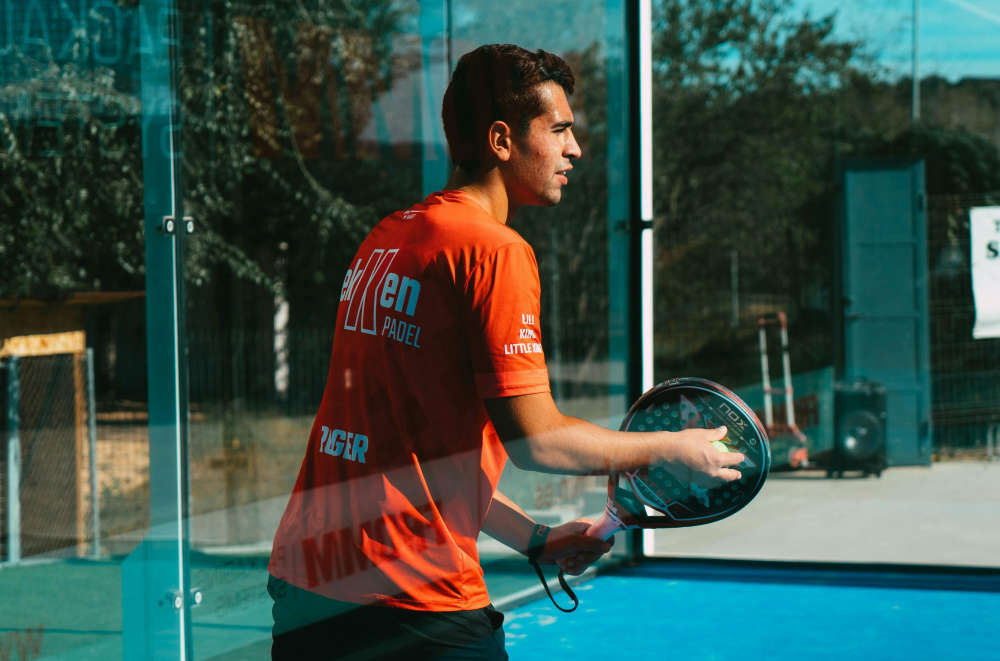 £200k padel facility coming to Les Ormes in May
£200k padel facility coming to Les Ormes in May
 Jersey Opera House opening show announced
Jersey Opera House opening show announced
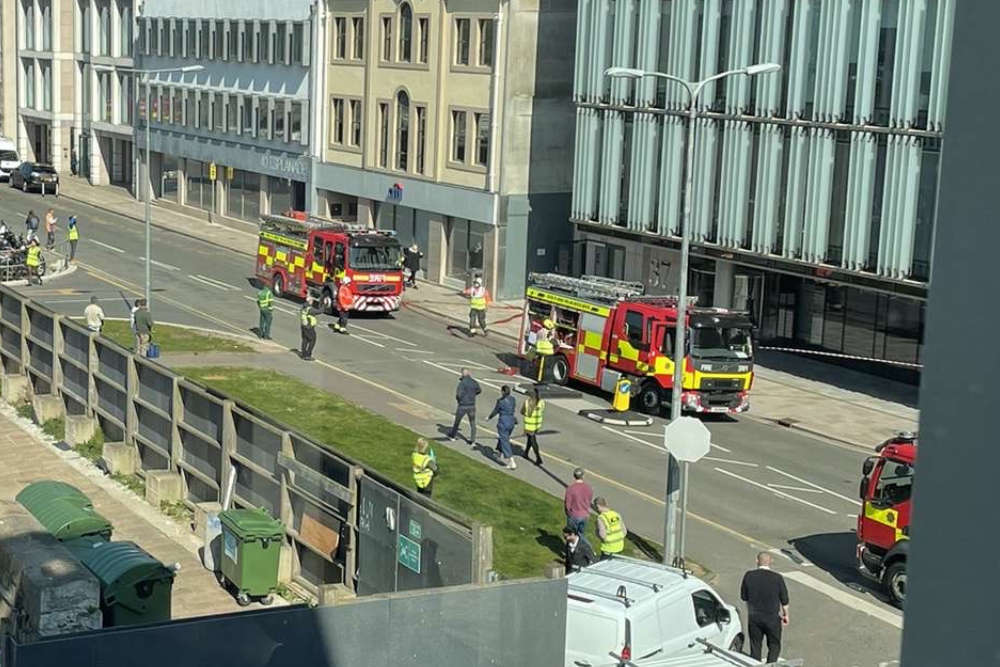 Two islanders trapped in a lift rescued from sixth-floor fire on the Esplanade
Two islanders trapped in a lift rescued from sixth-floor fire on the Esplanade
 Rooftop bar, climbing wall and concert hall in £110m Fort Regent plans
Rooftop bar, climbing wall and concert hall in £110m Fort Regent plans

